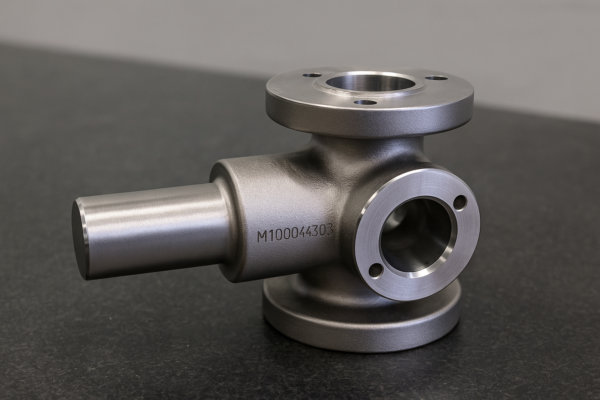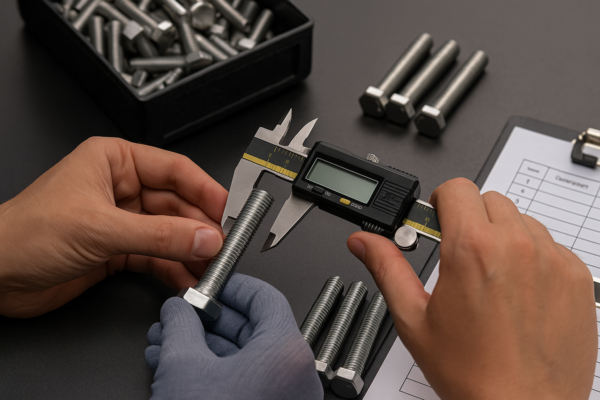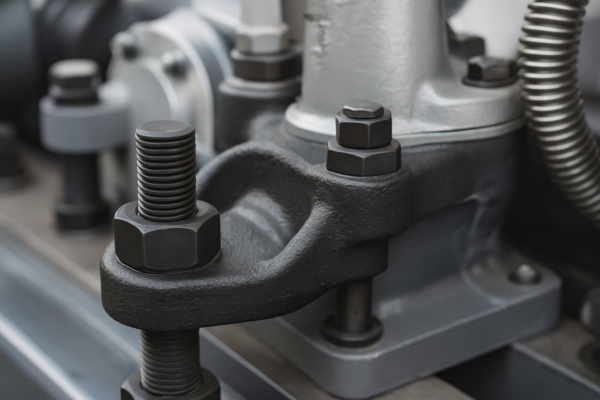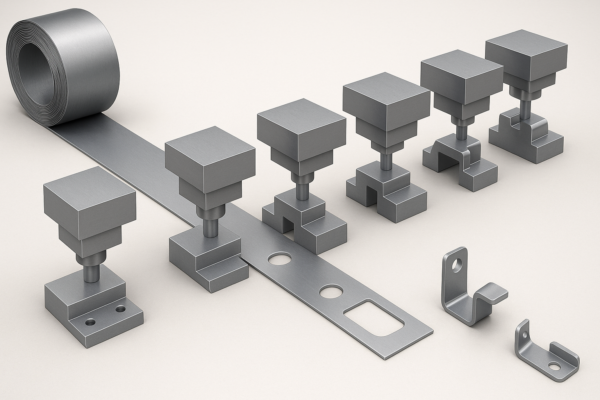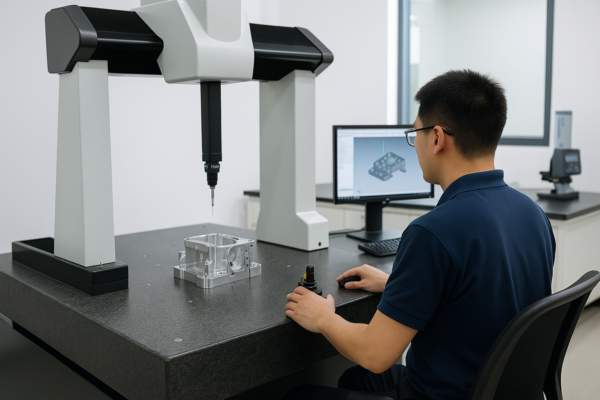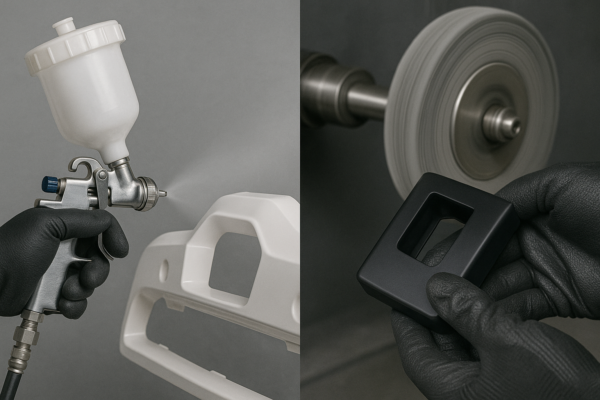What do mechanics use to tighten lug nuts?

Using the wrong tool on a lug nut causes damage, delays, and safety risks. Mechanics know better.
Mechanics rely on torque wrenches and impact wrenches to tighten lug nuts properly. Each tool has a specific role. Proper torque ensures safety, prevents damage, and maintains bolt integrity.
Many assume more force means a better job. That’s not true. Let’s explore what professionals use and why torque matters more than speed.
What is the machine used to tighten bolts?
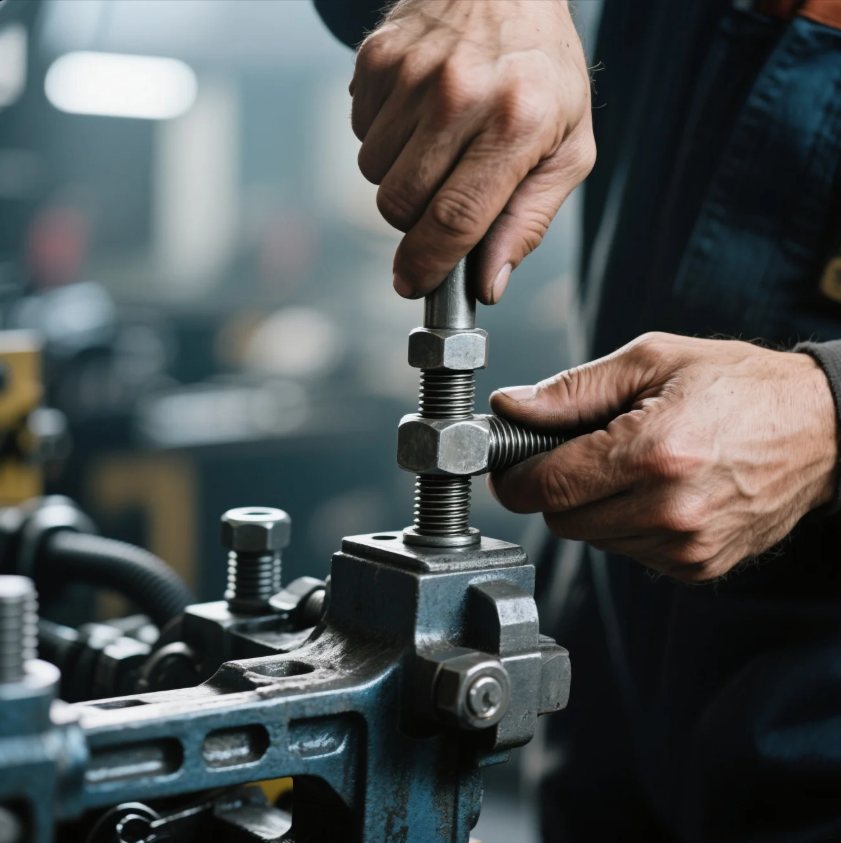
When you hear that loud whirring in the garage, that’s the bolt-tightening machine at work.
The most common machine is the pneumatic or electric impact wrench. It delivers high torque to tighten or remove bolts fast.
Mechanics prefer impact wrenches for speed. But they always finish the job with a manual torque wrench to meet safety specs. At Prime, we supply bolts and nuts tested for machine-assisted assembly lines.
Bolt-Tightening Machines Explained
| Machine Type | Power Source | Torque Control | Use Stage |
|---|---|---|---|
| Impact Wrench | Air/Battery | Low | Initial fastening |
| Torque Wrench | Manual | High | Final tightening |
| Hydraulic Wrench | Oil Pressure | Very High | Heavy equipment |
In my shop, we use battery-powered impact guns daily. But for clients in aerospace and automotive, I recommend Prime’s CNC bolts, made to exact torque ratings.
Which tool is used most often by automotive service technicians?

If you walked into any garage, you’d see this tool in every tech’s hand.
The most-used tool is the torque wrench. It ensures bolts and lug nuts are tightened to manufacturer standards.
Torque specs vary by vehicle and application. Even small mistakes damage parts or cause safety issues. That’s why Prime fasteners come with torque specs and documentation, helping clients avoid guesswork.
Tools Technicians Use Every Day
- Torque Wrench
- Ratchet + Socket Set
- Impact Wrench
- Screwdrivers
- Multimeter (for diagnostics)
A torque wrench isn’t just a tool—it’s a mechanic’s safety guarantee. And for manufacturers like us, it’s a key part of quality assurance.
What is the main tool of a mechanic?
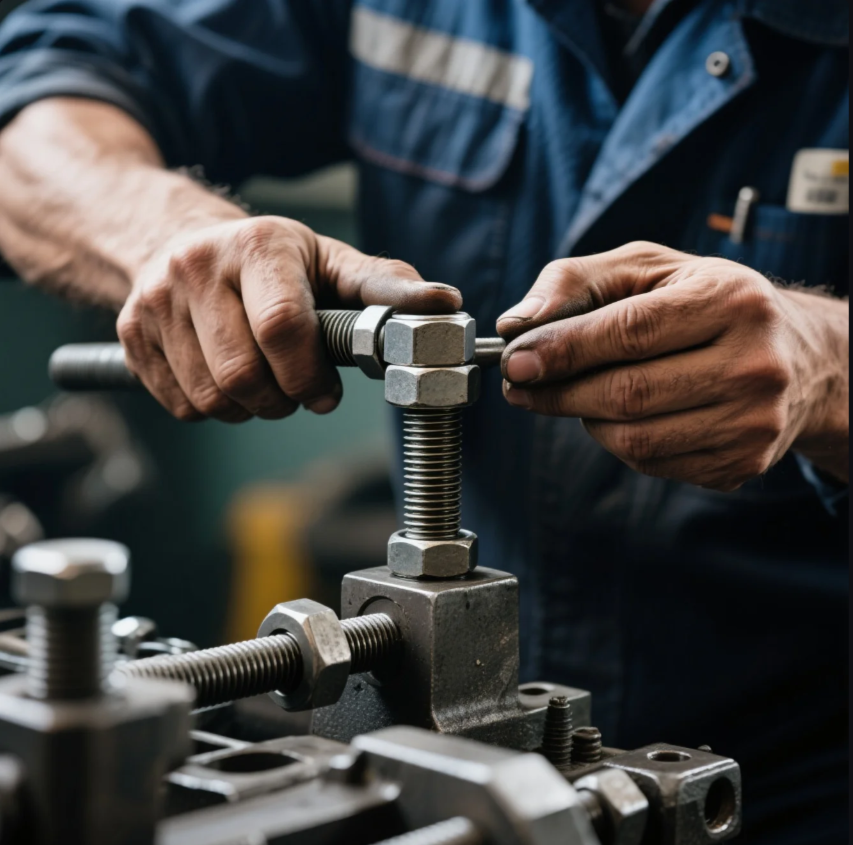
Every mechanic has one tool they won’t work without—one that saves time and ensures safety.
The torque wrench is a mechanic’s primary tool for bolt safety and accuracy. It prevents over-tightening and ensures load integrity.
Mechanics depend on it for engine work, wheels, and suspension systems. Prime designs bolts to match standard torque loads, making installations smooth and predictable.
Main Uses of a Torque Wrench
| Vehicle System | Torque Required | Consequence of Over-Tightening |
|---|---|---|
| Lug Nuts | Yes | Stud breakage, warped rotors |
| Engine Mounts | Yes | Vibration, misalignment |
| Brake Calipers | Yes | Seizing or loosening |
We helped an Australian client avoid 6% product returns after they upgraded to Prime fasteners with torque guides included. Fewer failures. Higher trust.
What are the four basic rules a technician should follow regarding tools?
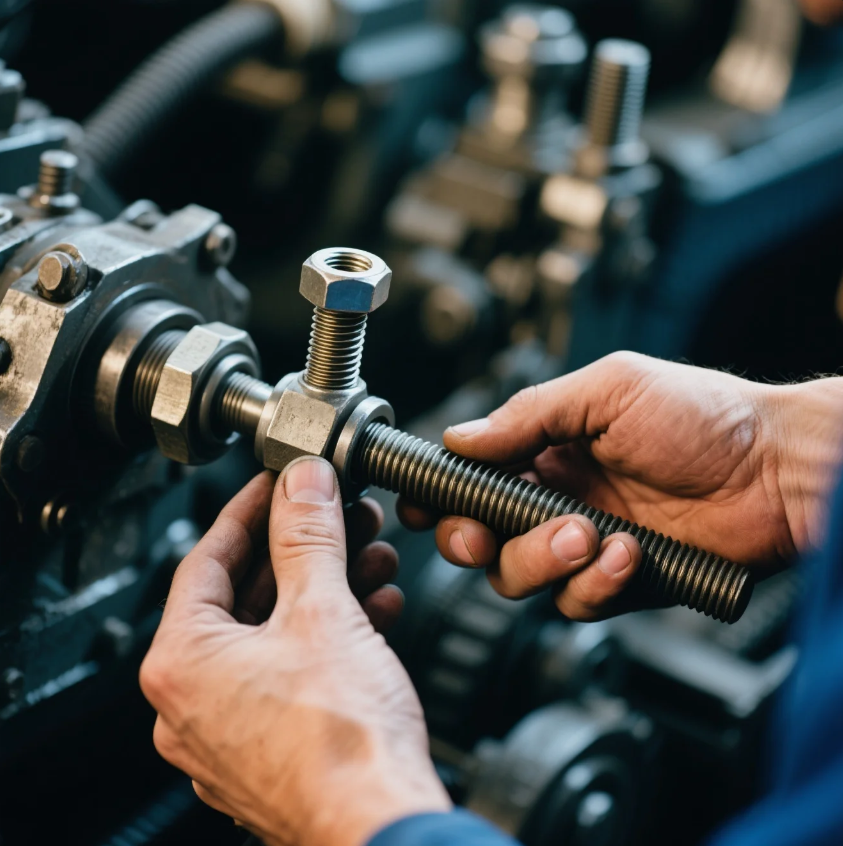
Even the best tools fail if misused. Technicians follow strict rules to stay efficient and safe.
Technicians follow four rules: use the right tool, inspect tools before use, store them properly, and know how each tool works.
Skipping these rules causes injuries, poor repairs, or damaged components. At Prime, we train staff the same way. Every tool—from CNC cutter to inspection gauge—is checked before use.
Four Tool Rules Every Technician Follows
-
Use the correct tool for the job
Don’t force a tool or improvise—it breaks parts. -
Inspect before using
Cracked sockets or stripped tips cause damage. -
Keep tools clean and stored properly
Dirty or rusted tools reduce accuracy and wear out fast. -
Understand the tool’s limits
Overloading a tool leads to injury and product damage.
When clients visit Prime’s factory, they’re often surprised by how clean and organized every workstation is. That’s part of why our CNC bolts, stamped parts, and fasteners perform so reliably in real-world use.
Conclusion
Torque control, proper tools, and disciplined practices make bolt work safe and reliable—every time.
Need torque-tested fasteners or custom bolt kits? Contact Prime today for a free quote, fast delivery, and expert guidance. We provide ISO-certified bolts engineered for precision torque applications in automotive, machinery, and industrial projects.

